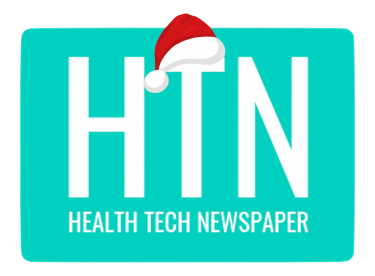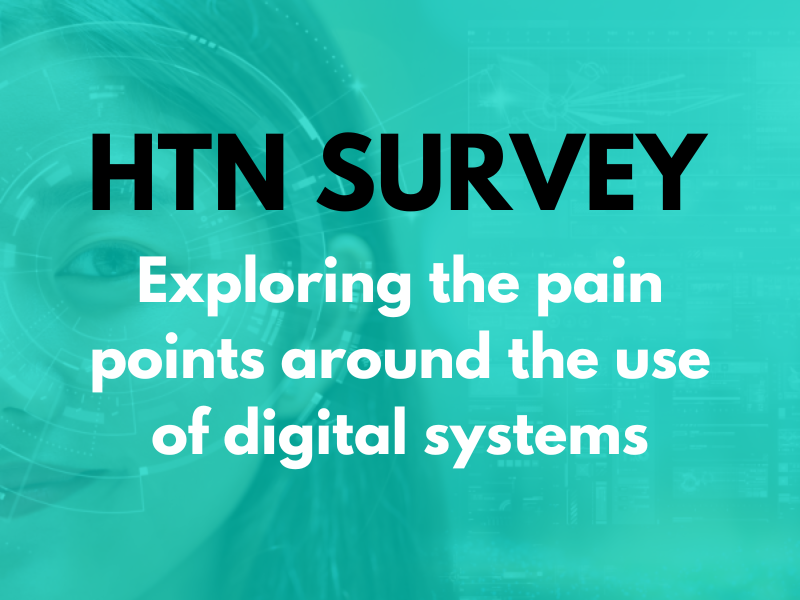North London NHS Foundation Trust has published its digital strategy, with a focus on AI and data, EPR optimisation, launching an NLFT app building programme, digital foundations and infrastructure, creating a culture of innovation, and supporting staff with digital skills.
“Our strategy is not only about adopting new technologies but also about ensuring that these technologies are implemented in a way that aligns with our clinical strategy and long-term objectives,” the trust states.
The strategy itself is built around five themes: excellence in digital services, data management and intelligence, smart infrastructure, AI, and people and innovation. Within these themes, the trust commits to making informed decisions about technology, leveraging clinical and business intelligence to drive better health outcomes, exploring cloud-hosted solutions and hybrid server architecture, using AI technologies to improve operational efficiency and reduce costs, and building a digitally literate workforce, “utilising technology to improve care coordination, efficiency, and service user outcomes”.
One of the focal points of the strategy is people enablement and innovation, where the trust recognises digital literacy as a key component of success. It makes a commitment to investing in comprehensive training programmes to enhance the digital skills of staff, board members and service users, and establishing clinical digital leadership across all disciplines, with these leaders responsible for providing advice and guidance, as well as for ensuring advancements are “both practical and impactful for the future of healthcare”.
Fostering a culture of innovation will also play a part in this, with the trust hoping to create an environment in which new technologies can be embraced and innovation can be encouraged. It notes the importance of developing the ability to “quickly adopt and implement new digital tools” such as AI-enhanced triage and virtual care platforms, and makes a commitment to creating a centralised innovation hub to allow the testing and scaling of new solutions, and to ensure the trust remains “agile and responsive to the evolving needs of its service users”.
The trust also highlights its ambition to become a data-driven organisation, focusing on data governance and quality, and promoting the use of advanced analytics to support population health management. As part of this, it plans to integrate data platforms such as existing cloud-based solutions, to ensure staff can access real-time data to support their decision making.
AI is also set to play a considerable role in the trust’s digital future, with the strategy pointing to North London’s desire to harness its capabilities and introduce AI-assisted triage and natural language processing to streamline clinical workflows and grant staff more time to care. “Predictive analytics, powered by AI, will enable staff to anticipate patient needs, improving service delivery and reducing waiting times,” it states. “AI has the potential to support everything from administrative processes to clinical decision-making, helping the organisation run more smoothly and efficiently and reduce the administrative burden on staff.”
A roadmap sets out activities such as EPR optimisation, strengthening technology governance, building a common infrastructure and launching the NLFT app building programme, for completion in the short-term to 2025. Further activities, covering the development of smart infrastructure, leveraging AI, supporting innovation and building a clinically led digital workforce, then take the trust through to 2029.
To read the digital strategy in full, please click here.
Focus on digital literacy and skills across the NHS
A HTN Now panel discussion last year focused on strategies for empowering a digital workforce, and how to develop workforce technology literacy through scalable and effective digital learning and support programmes. From Cambridge University Hospitals we were joined by Dr Wai Keong Wong, director of digital and consultant haematologist, and Claire Tolliday, chief nursing information officer, along with uPerform’s EHR education director Liz Griffith. Our panellists shared their experience and advice in this area, including how to overcome challenges such as scaling on-demand training and performance support to keep up with rollouts and upgrades; reducing frustration by delivering training materials when and where they are needed; and saving time for caregivers to focus on their patients.
Leeds Teaching Hospitals and Health Innovation Kent, Surrey, Sussex joined us to share examples of educational programmes to support digital programmes, as well as best practices for engaging the workforce in digital education and tech. To form our panel, we welcomed George Anibaba, senior innovation manager at Health Innovation Kent Surrey Sussex, as well as Geoff Petrie, digital training manager and David Holland, deputy CCIO for Allied Health Professionals, both from Leeds Teaching Hospitals.
For a HTN Now panel discussion in February, we were joined by expert panellists including Dr Penny Kechagioglou, CCIO and deputy CMO at University Hospitals Coventry and Warwickshire NHS Trust; Stuart Dures, digital skills development manager at Greater Manchester Mental Health; Dan Chilcott, client enablement director at Patchwork Health; and Sally Mole, senior digital programme manager – digital portfolio delivery team at The Dudley Group. Our panellists considered some of the key determinants of successful NHS workforce transformation, looking at how best to drive buy-in and support the workforce, and noting challenges and barriers to transformation.






